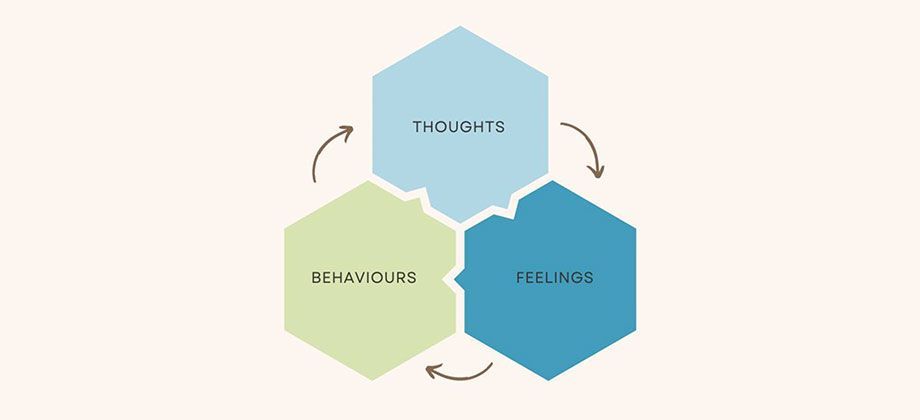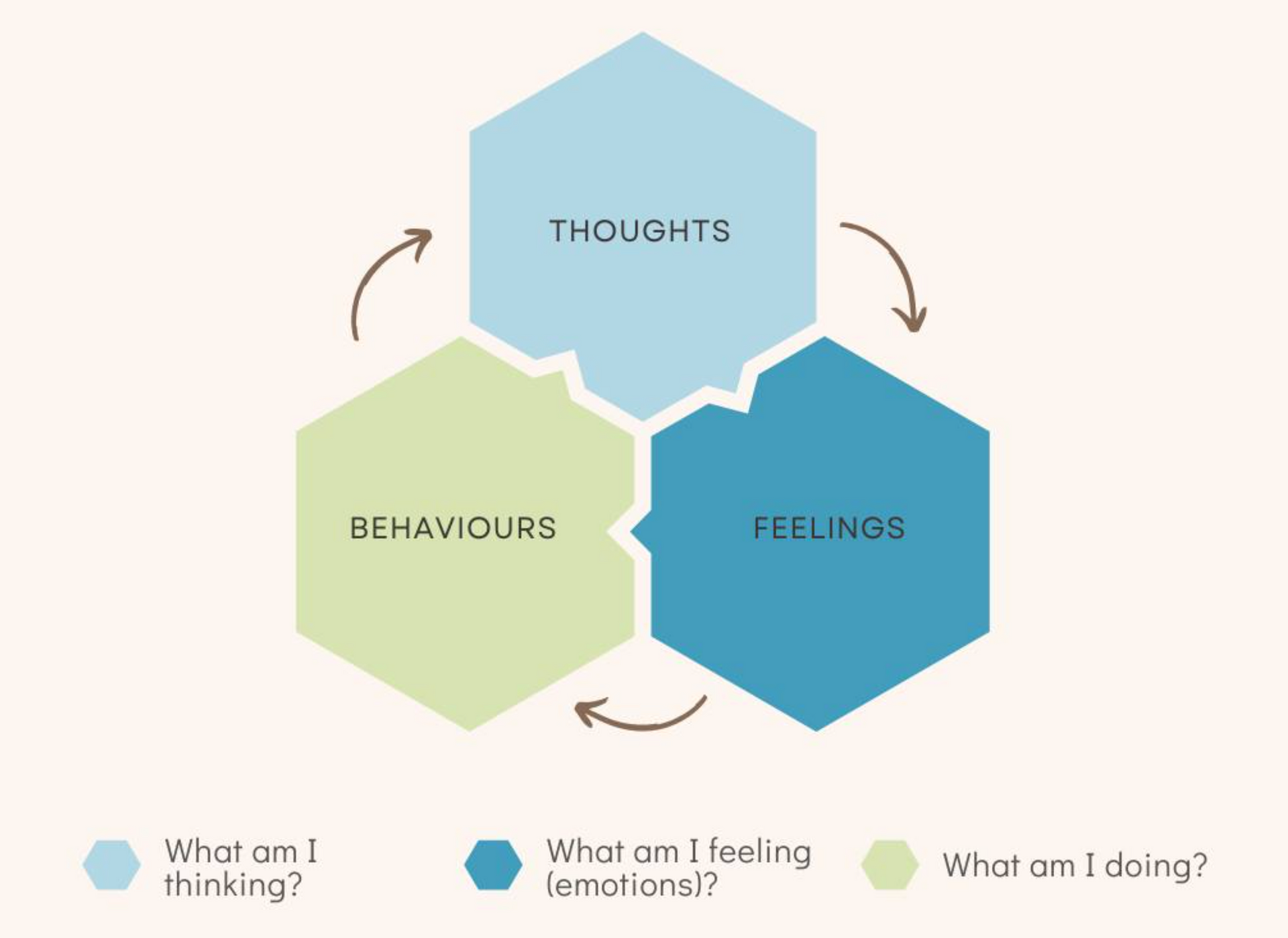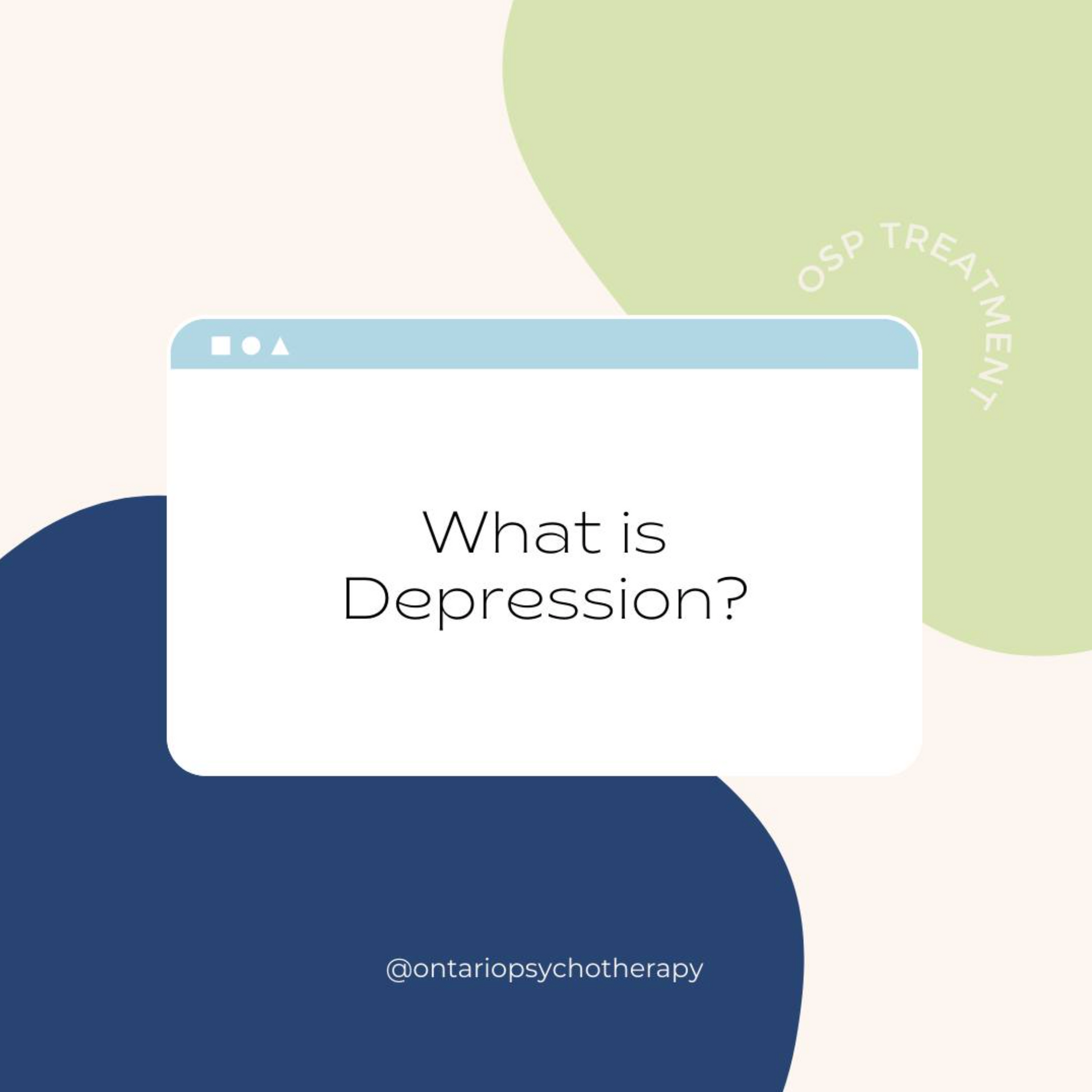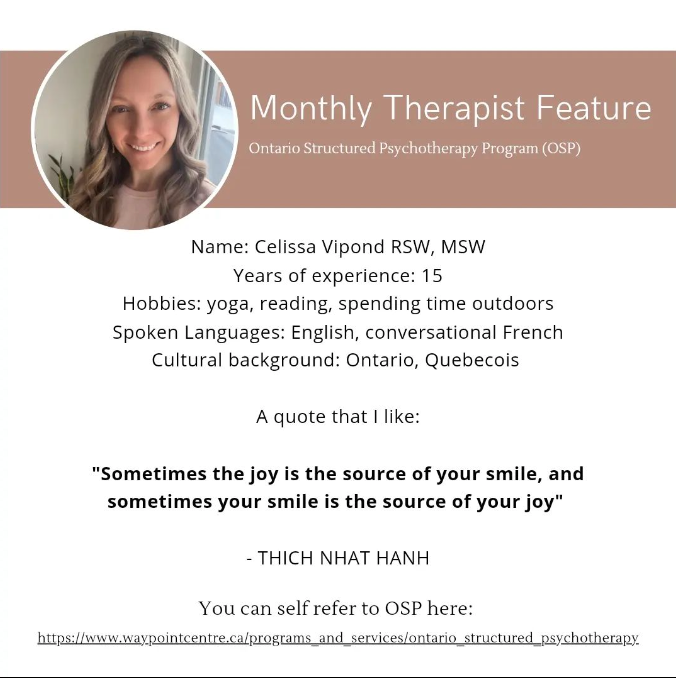Cognitive Behavioural Therapy

Cognitive Behavioral Therapy, or CBT, is a widely practiced and evidence-based therapeutic approach that focuses on the connection between thoughts, feelings, and behaviors. It operates on the premise that our thoughts influence our emotions, and in turn, our emotions shape our behaviors. The goal of CBT is to identify and modify negative thought patterns and behaviors to promote positive psychological well-being.

Here's a breakdown of the key components:
Cognitive Restructuring:
CBT emphasizes the examination and restructuring of distorted or negative thought patterns. Clients work with their therapist to identify and challenge irrational unhelpful beliefs and replace them with more balanced, realistic thoughts. This process helps individuals develop a healthier and more constructive mindset.
Behavioral Activation:
This aspect of CBT focuses on changing patterns of behavior that reinforce or contribute to psychological distress. Clients collaboratively work with their therapist to set realistic goals and engage in activities that bring a sense of accomplishment and joy, countering the impact of negative thoughts.
Exposure Therapy:
For individuals dealing with anxiety or trauma disorders or phobias, CBT often incorporates exposure techniques. This involves gradually and safely exposing individuals to the situations or stimuli that trigger anxiety, helping them build resilience and reduce avoidance behaviors.
Homework and Skill Building:
CBT is not limited to the therapy session. Clients are often assigned homework exercises to practice and apply the skills learned during sessions in real-life situations. This fosters a sense of self-efficacy and empowers individuals to take an active role in their own healing process.
Goal-Oriented and Time-Limited:
CBT is typically goal-oriented and time-limited, making it a practical and efficient approach. Clients and therapists collaboratively establish specific, measurable, achievable, relevant, and time-bound (SMART) goals to track progress over the course of therapy.
Empirical Support:
CBT has a strong foundation in empirical research, demonstrating its effectiveness across a range of mental health conditions. It is a recommended part of first-line treatment utilized in the treatment offer depression, anxiety disorders, posttraumatic stress, obsessive-compulsive concerns, eating disorders, and more.
In essence, Cognitive Behavioral Therapy equips individuals with practical tools to navigate and overcome challenges by changing the way they think and behave. It's a collaborative and empowering approach that fosters lasting positive change in one's mental and emotional well-being.
Recovery-Oriented:
Recovery is not just about managing symptoms; it's about reclaiming your life. We are recovery-oriented, supporting you to build resilience, regain control, and rediscover joy on your terms.
Culturally Sensitive:
We recognize and celebrate the diversity within our community. Our culturally sensitive approach ensures that our services are inclusive, respectful, and responsive to the unique needs of every individual.
Empower Change:
Transformation begins with empowerment. We believe in your capacity to create positive change in your life. Our therapists are here not just to guide, but to empower you to take control of your narrative and shape your future.
Are you interested in pursuing CBT through Ontario Structured Psychotherapy? Get started by sending a self-referral here.






